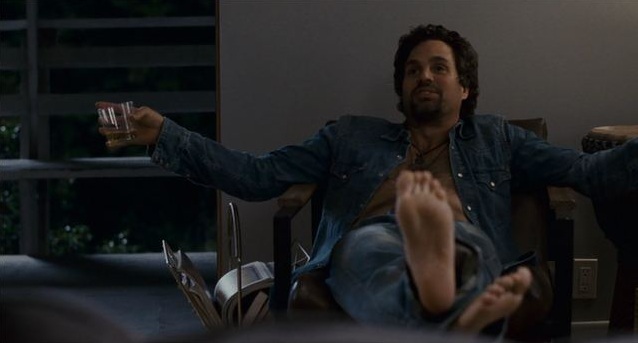Mix Tape: "Non, Je Ne Regrette Rien" in Inception
 Saturday, February 26, 2011 at 7:18AM
Saturday, February 26, 2011 at 7:18AM Andreas from Pussy Goes Grrr here, with one more glance at memorable song choices as we anticipate tomorrow's festivities. Although it's only used sparingly, Édith Piaf's "Non, Je Ne Regrette Rien" casts a long shadow over all of Inception. Its texture and meaning clash heavily with the unearned gravitas and reformatted action movie clichés of Christopher Nolan's film, as Piaf's voice introduces a cosmopolitan, plaintive humanity. Less than a minute of the song is used in all of Inception, but it sure sticks with you when you leave the theater.
Within the film, Cobb's team of expert dream-burglars uses "Non, Je Ne Regrette Rien" in order to count down to the "kick"—in short, it's a glorified wake-up call wrapped in swaths of exposition. Whenever the dreamers are about to be woken up, it lets them know how much time is left to fulfill their objectives. So the song serves a neat plot purpose, like a flare gun being fired into the subconcious. (Even if those MP3 players do look a little too unwieldy to drag along on fast-paced mission.)
The song also creates a fun intertextual link to La Vie En Rose, since Marion Cotillard (Piaf herself) stars in both films, even though Nolan claims that he'd picked the song before she was cast. But more important than the song's actual function in the heist, or the Cotillard connection, is how Piaf's unapologetically emotional voice resounds across the epic vistas of Inception's shared dreams. It lends some pathos and strangeness to a film that's precise and diagrammatical, even when it's depicting warped gravity and collapsing buildings.
This is, after all, one of the most common (and valid) complaints about Inception: its dreams aren't even remotely dreamlike. If anything, they're the dreams of a British writer/director who fantasizes about clean gray suits, rainstorms, and shiny hotel plazas. The inclusion of "Non, Je Ne Regrette Rien" is a step in the right direction, however, especially when it plays across multiple dream layers, with Piaf's throaty, melancholy voice echoing down staircases and snowy mountainsides. The juxtaposition of this song with these surroundings is unexpected and, if only briefly, makes these dreams seem mildly surreal.
The song's influence even reaches beyond its short appearances: as Hans Zimmer has admitted, it inspired the ominous, droning brass leitmotif ("BWAAA!") that's most closely identified with Inception's score. So although the film's visual sensibilities may lack any of the sloppiness or irregularity we associate with real-life dreams, at least its soundtrack is informed by Piaf's soulful, decidedly irrational belting. One final irony: that a song whose title translates loosely as "No, I regret nothing" should complement Leonardo DiCaprio's endless mourning for the wife he inadvertently killed. It's a dose of bittersweet humor, buried several layers down in a film that so sorely needs it.
 Chris Nolan,
Chris Nolan,  Inception,
Inception,  Leonardo DiCaprio,
Leonardo DiCaprio,  Mix Tape
Mix Tape 


